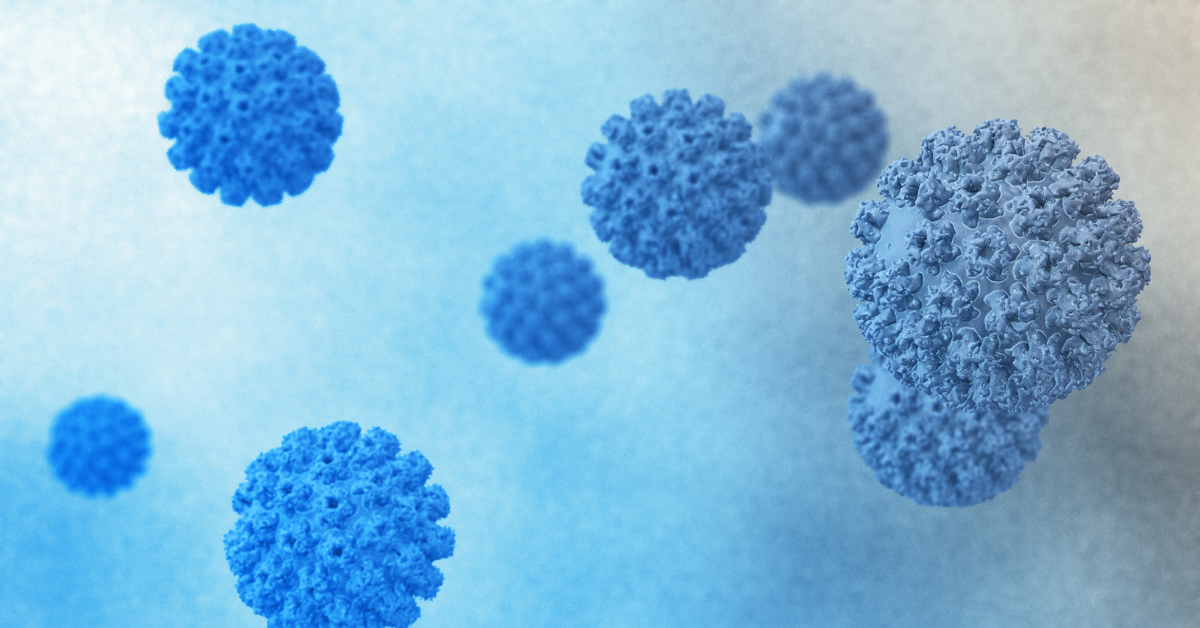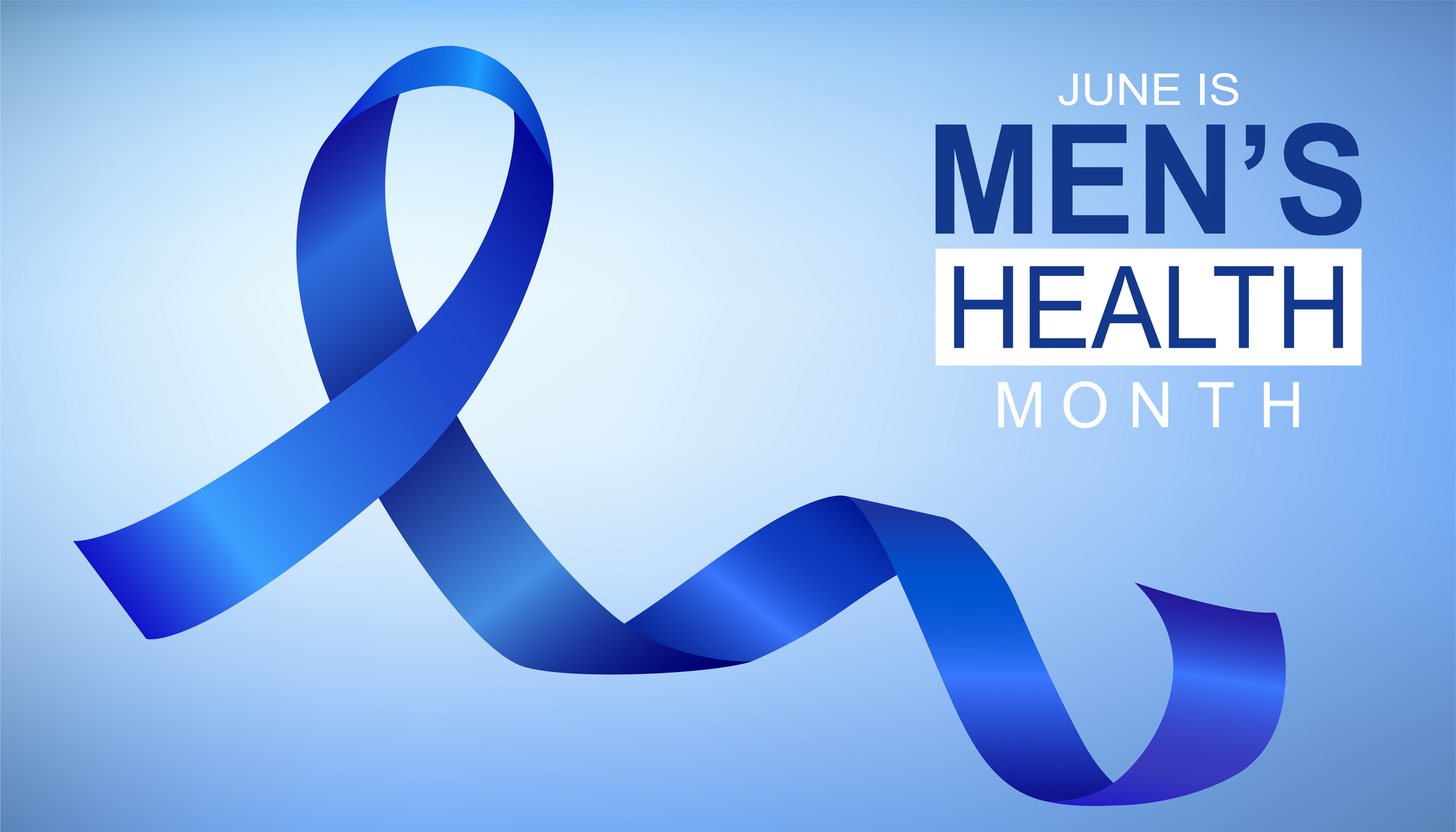
Did you know mosquitoes can transmit diseases like malaria, dengue, West Nile virus, and chikungunya? Mosquitoes become infected with a disease when they feed on a person already infected with the virus, and then spread the virus to other people when biting them.
If you are bit by an infected mosquito with chikungunya, you will develop symptoms in 3-7 days. The most common symptoms of infection are fever and joint pain. Others also experienced headaches, muscle pain, joint swelling or a rash. While the disease does not frequently result in death, many of the symptoms can be severe or disabling for several months or years after symptoms develop. Currently, there is no vaccine to prevent or medicine to treat chikungunya virus infection. The only prevention method is preventing mosquito bites with insect repellent or long clothing when exposed to mosquitoes in an infected area.
While mosquitoes infected with chikungunya today are more prevalent in countries in Africa, Asia, Europe and the Indian and Pacific oceans, there is a risk that the virus will be imported to new areas by infected travelers. Beginning in 2014, the first chikungunya virus disease cases were reported among US travelers returning from affected areas and local transmission was identified in Florida, Puerto Rico and the US Virgin Islands.
Below is a map from the CDC that include Countries and Territories where chikungunya cases have been reported (does not include countries or territories where only imported cases have been documented) as well as a map of the US where states reported chikungunya virus disease cases as of December 2019.
Rochester Clinical Research is currently on the forefront of developing one of the first chikungunya vaccines this winter. We are seeking healthy adults between the ages of 18 – 64 year old interested in vaccine research studies for this study. Call 288-0890 if you would like to be placed on an interest list for this study.






